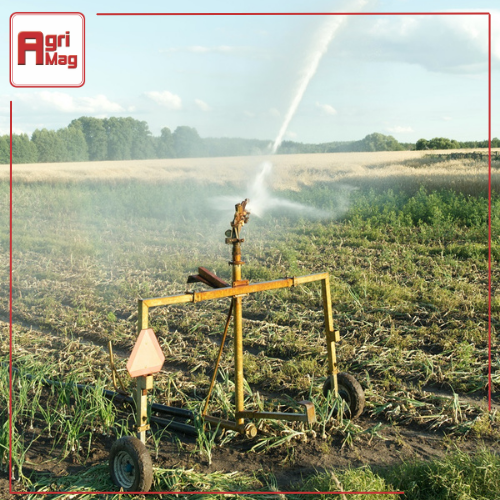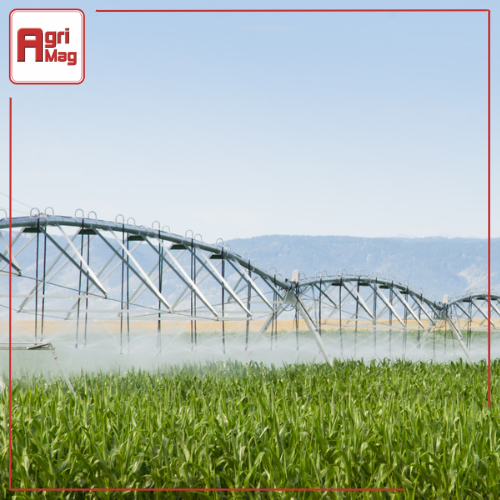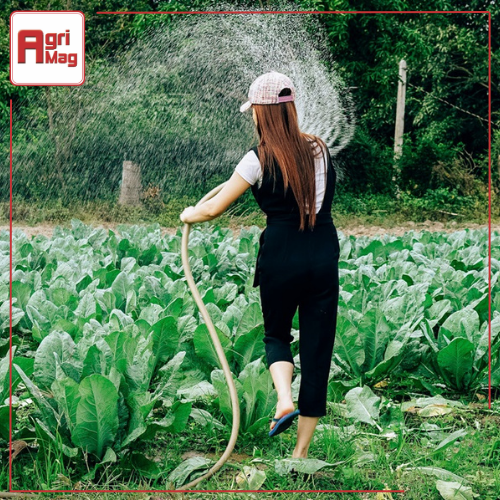
Navigating Through The Major Irrigated Crops in South Africa
Date: 05/05/2023
South Africa's agricultural sector is a crucial part of the nation's economy, and irrigation plays a significant role in enhancing crop production. Major irrigated crops not only contribute to food security but also drive economic growth. This article explores the types of crops commonly irrigated, their regional distribution, and the economic impact of irrigated agriculture. Want to become a dealer on AgriMag? Visit us to request a dealer account.

Types of Crops Commonly Irrigated
The country’s diverse climate and topography allow for the cultivation of various crops under irrigation. The major irrigated crops include:
1. Maize
This is a staple food and a key crop. It is widely irrigated to ensure high yields and meet the country's demand for both human consumption and animal feed.
2. Sugarcane
It is another major irrigated crop, particularly in regions with suitable climates like KwaZulu-Natal. Irrigation helps in maintaining the necessary moisture levels for optimal growth and sugar content.
3. Citrus Fruits
This fruit, including oranges, lemons, and grapefruits, are extensively grown under irrigation, especially in the Western Cape and Limpopo provinces. Irrigation ensures the production of high-quality fruits that meet both local and international market standards.
4. Grapes
Our country is renowned for its wine industry, and grapes are a significant irrigated crop. Vineyards in regions such as Stellenbosch and Paarl rely on irrigation to produce high-quality wine grapes.
5. Vegetables
A variety of vegetables, such as tomatoes, peppers, and lettuce, are grown under irrigation across the country. These crops require consistent water supply for healthy growth and to meet the year-round demand.
6. Nuts
Nuts, including macadamia and pecans, are increasingly being cultivated under irrigation in provinces like Mpumalanga and Limpopo. The consistent water supply enhances nut quality and yield.
Regional Crop Distribution
The regional distribution of irrigated crops is influenced by climate, soil types, and water availability. Here's an overview of where irrigated crops are grown:
1. Western Cape
The Western Cape is known for its Mediterranean climate, making it ideal for grape and citrus cultivation. The region's advanced irrigation systems support the extensive vineyards and fruit orchards.
2. KwaZulu-Natal
With its warm, subtropical climate, KwaZulu-Natal is a major area for sugarcane irrigation. The region’s rivers and rainfall patterns support large-scale irrigation schemes.
3. Limpopo
Limpopo is a leading region for citrus and vegetable irrigation. Its warm climate and abundant sunlight, combined with irrigation, make it suitable for these crops.
4. Mpumalanga
Mpumalanga has become prominent in nut production, particularly macadamias. The region’s favorable growing conditions are enhanced by efficient irrigation practices.
5. Free State and North West
These regions are significant for maize irrigation. The vast farmlands and access to water resources support large-scale maize cultivation.
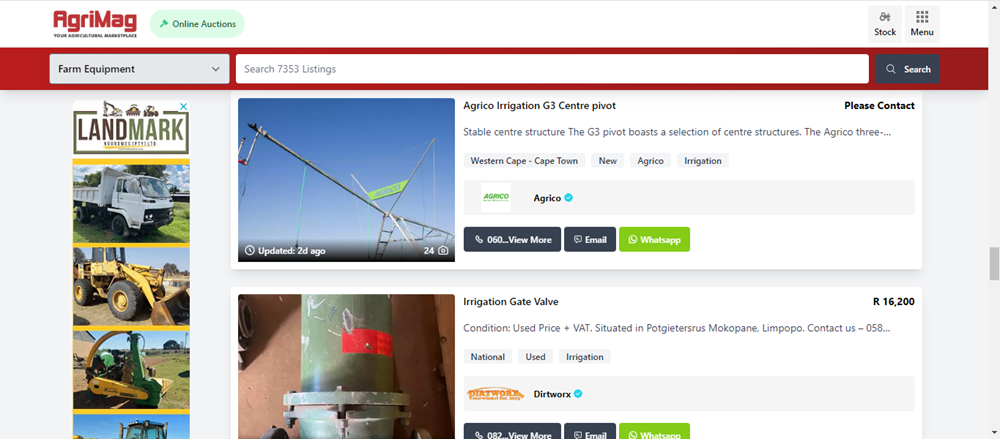
Economic Impact of Irrigated Agriculture
Irrigated agriculture is vital to the economy, providing numerous benefits:
1. Increased Crop Yields
Irrigation significantly boosts crop yields compared to rain-fed agriculture. This increase in productivity is essential for meeting the food demands of the growing population.
2. Job Creation
The agriculture sector, particularly irrigated farming, is a major employer. It provides jobs not only on farms but also in related industries such as food processing, distribution, and export.
3. Export Earnings
Many of the country's irrigated crops, such as citrus fruits and wine grapes, are exported globally. These exports generate substantial foreign exchange earnings, supporting the national economy.
4. Food Security
Irrigated agriculture ensures a stable supply of essential crops, contributing to food security. By mitigating the risks associated with erratic rainfall, irrigation helps maintain consistent food production.
5. Rural Development
Irrigation projects often lead to infrastructure development in rural areas. Improved roads, electricity, and water supply systems enhance the quality of life and economic opportunities in these regions.
The cultivation of major irrigated crops is a cornerstone of South Africa’s agricultural landscape. From maize and sugarcane to citrus fruits and grapes, irrigation ensures high yields and quality produce. The regional distribution of these crops is shaped by the country’s diverse climates and resources, supporting a robust agricultural economy. The economic benefits of irrigated agriculture are profound, contributing to increased productivity, job creation, export earnings, food security, and rural development. As South Africa continues to innovate and invest in irrigation technology, the future of its major irrigated crops looks promising. Would you like to join AgriMag as a dealer? Visit us to make a dealer account request.
Categories:
Common category
Category Search:
Latest articles:

Why Planning Early for the Planting Season Pays Off
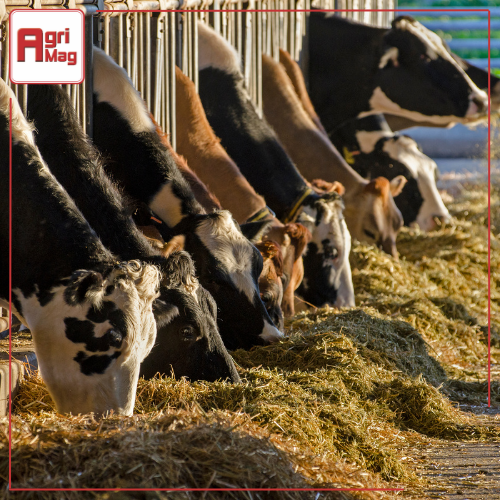
Why Winter Feed Management is Crucial for Livestock Health

How Smart Farming Technology is Revolutionising Agriculture


